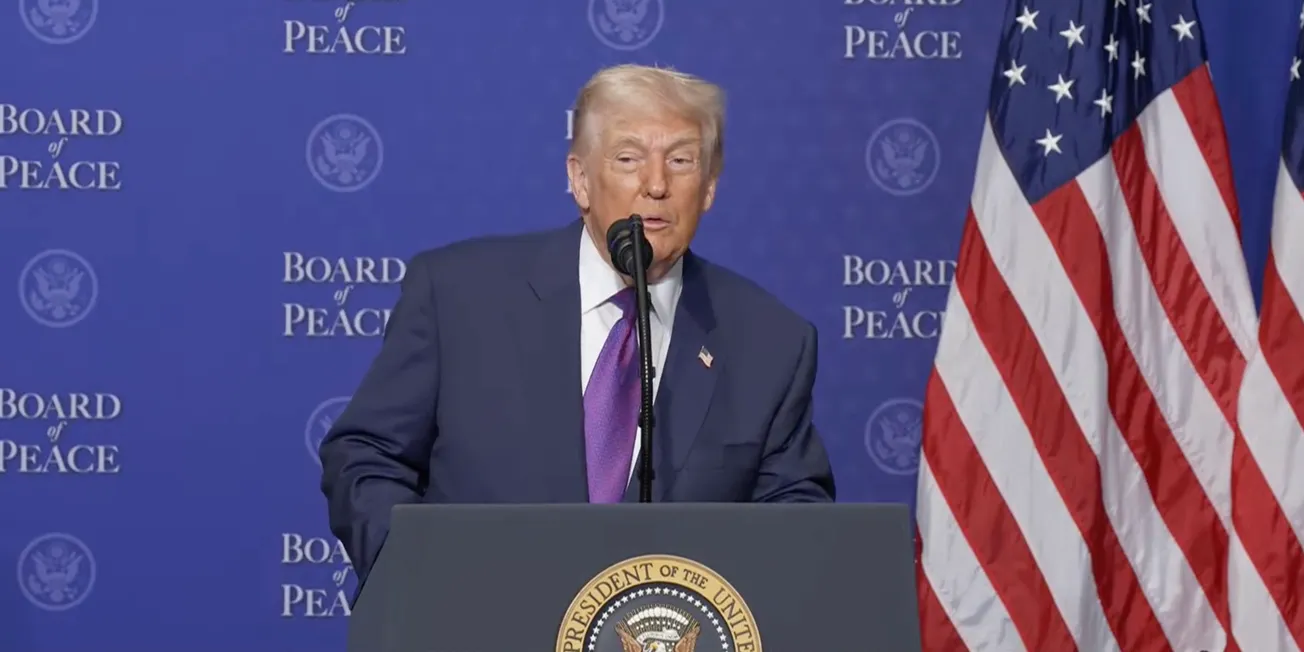About halfway through the devastating winter of starvation and deaths in Afghanistan, the issue of the United States’ freezing of $9.4 billion of Afghanistan’s foreign reserves finally made it to the floor of the U.S. Congress. Rep. Pramila Jayapal (D-WA) addressed the House of Representatives on Feb. 3, saying that “U.S. sanctions on the Taliban have impacted the broader functioning of the entire Afghan government, including schools and hospitals, which cannot buy food for the patients or gas to heat their buildings.” As 1 million children face starving to death this death, “fatalities could far exceed civilian deaths resulting from 20 years of war.” Freezing the reserves has made “it impossible for the country’s financial system to function” and it threatens “to collapse the entire economy.” She went on, for those who consider geopolitics as counting a lot more than humanity: “If appeals from the world’s leading humanitarian and aid organizations on the devastating impacts of current U.S. policy do not persuade my colleagues, I ask them to consider whether Afghanistan’s economic crisis will pose an opportunity for neighboring China to expand its influence on the country.”
Jayapal’s proposed amendment simply required: “An assessment of humanitarian impacts of U.S. and multilateral sanctions on entities and individuals associated with the current government of Afghanistan and the freeze of $9.4 billion of the Afghan central bank’s foreign reserves, including projections regarding potential mortality rate and refugee outflows….” The amendment drew 175 votes, about 80% of the Democrats and none of the Republicans. The effort was notable for drawing more support than the 40 or so members of the Progressive Caucus that had called upon President Biden in December to end the freezing of Afghanistan’s money.
In two different tweets, Jayapal explained: “By blocking Afghans from accessing their own money, we’re creating a further humanitarian crisis. This amendment is critical to ensure that our government doesn’t cause starvation and suffering abroad.” And: “We should have a comprehensive picture of what is occurring, including an honest understanding of our own actions and their human impacts.” Jayapal chairs the Progressive Caucus, whose policy director Keane Bhatt remarked that her amendment was “the first vote in Congress on U.S. sanctions threatening 22 million Afghans.”








